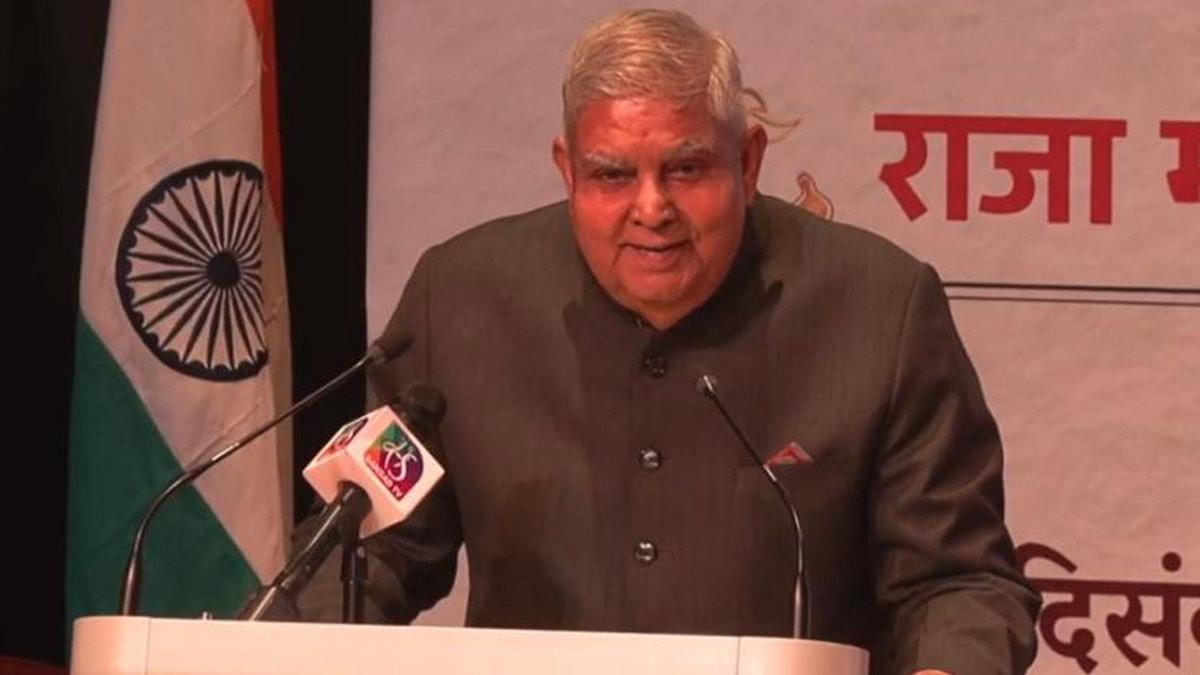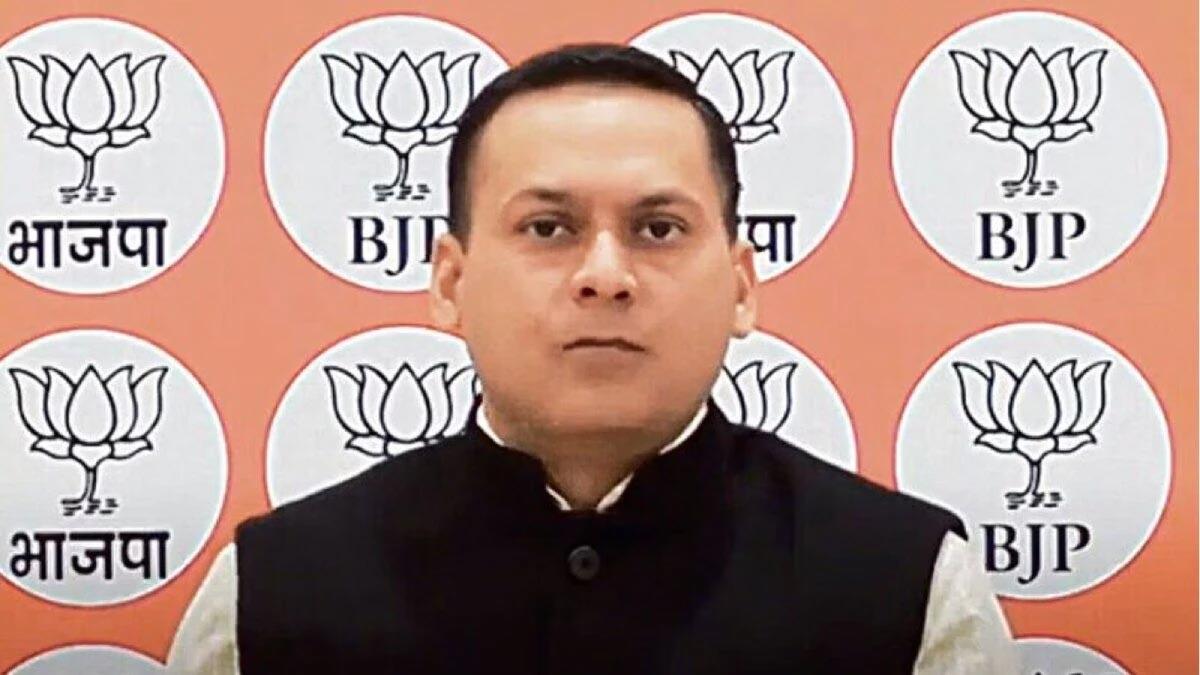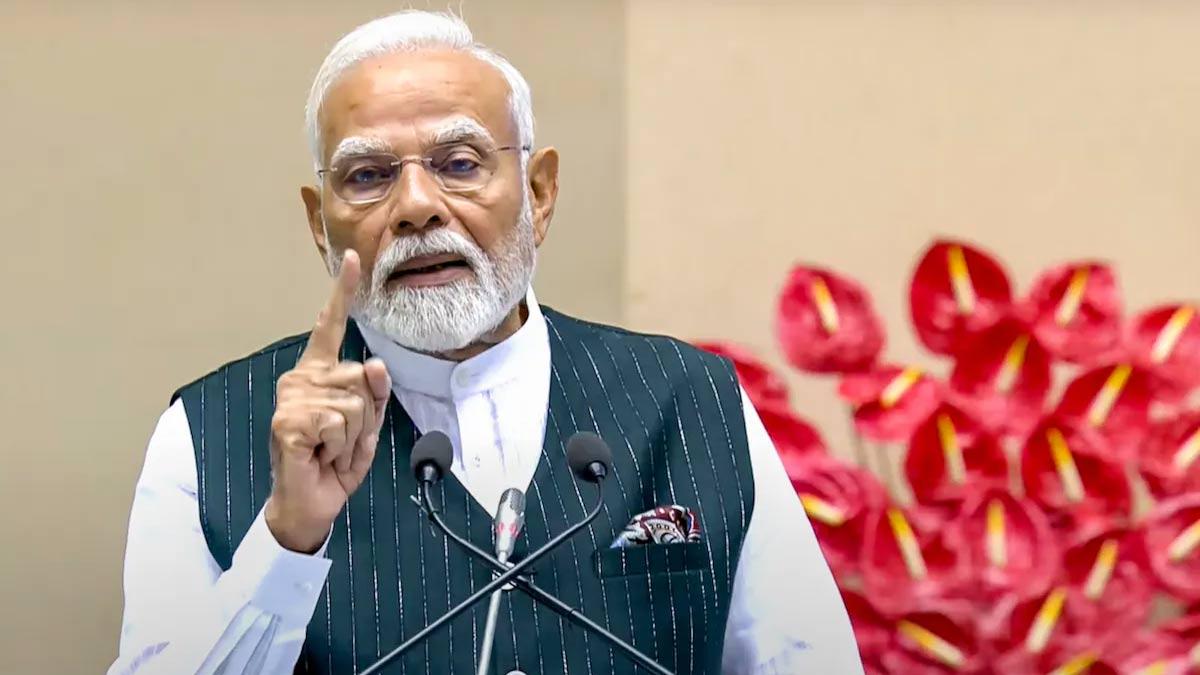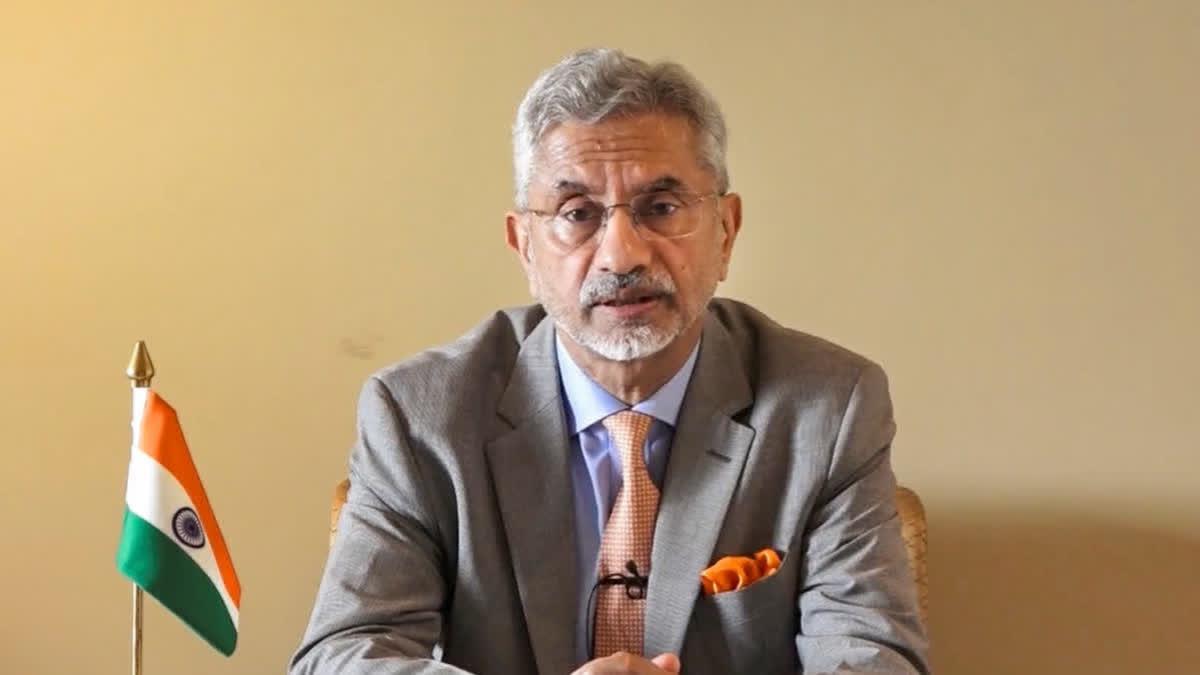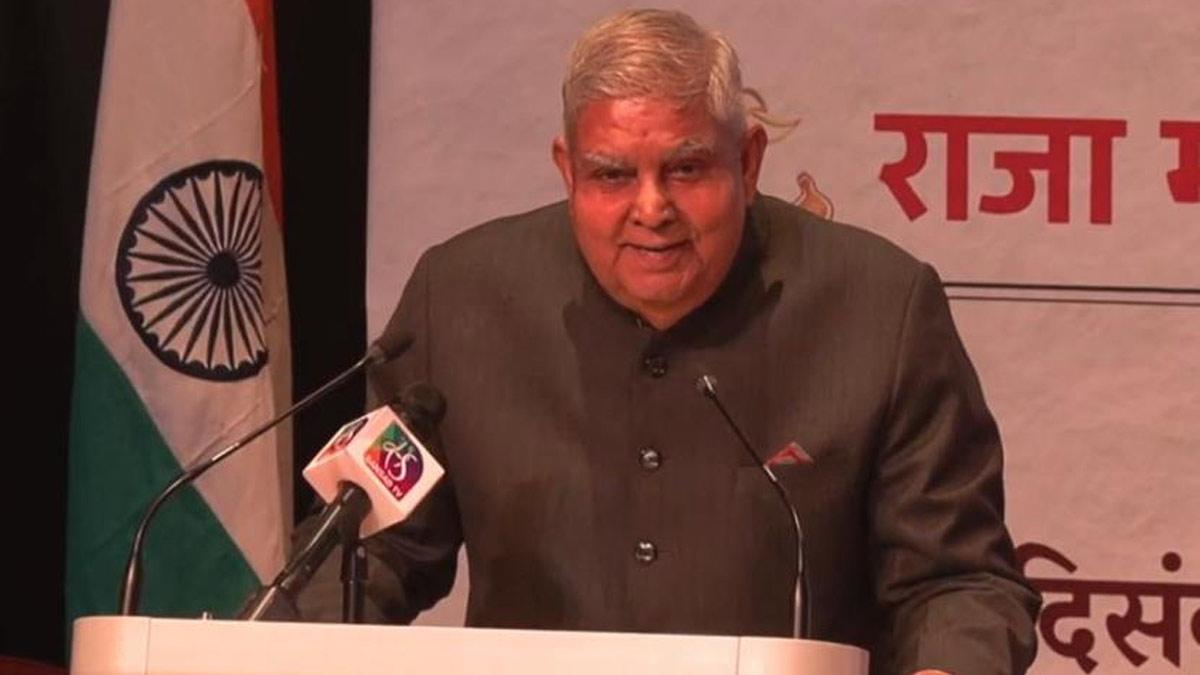Vice-President Jagdeep Dhankhar on Saturday characterized the Preamble of the Indian Constitution as its essence, adding that it occupies a unique and one-of-a-kind position among the world's constitutions.
Speaking to a gathering at his official residence, Dhankhar criticized amendments made to the Preamble during the Emergency as a distortion of the essence of the Constitution. He claimed that no other country has ever tampered with the Preamble of its Constitution, emphasizing India's exception in this context.
He was particularly concerned with the inclusion of the words "Socialist," "Secular," and "Integrity" in the 42nd Constitutional Amendment that took place in 1976, suggesting that it was a distortion of the soul of the Constitution at one of the darkest moments in the country's democratic past.
"The Emergency was the blackest page of Indian democracy. People were in prisons, fundamental rights were in abeyance. 'We, the People of India,' who give power to the Constitution, were in chains. Was it a wordplay? No. This should be condemned beyond words," remarked the Vice-President, while accepting the first copy of the book Ambedkar ke Sandesh (Messages of Ambedkar), penned by former Karnataka MLC D.S. Veerayya.
Citing the historic Kesavananda Bharati vs State of Kerala case in 1973, Dhankhar recalled the Supreme Court's 13-member bench having identified the Preamble as the inspirational guiding light to interpret and understand the Constitution. He also quoted Justice H.R. Khanna's statement that the authority of the Constitution emanates from "We, the People of India."
Looking back at the scandalous period from June 25, 1975, to March 21, 1977, Dhankhar stated that the amendments introduced during the Emergency were not merely unfair but also represented a violation of constitutional values. "When people were jailed and denied justice, the heart and soul of the Constitution were modified. What more mockery of justice can there be? The Preamble, which has its origin in 'We, the People of India,' was altered when people were dwelling in obscurity."
He contended that adding the adjectives "Socialist," "Secular," and "Integrity" was a departure from the original intention of the framers of the Constitution. "These words are a festering wound. They will create unrest. This is an insult to our thousands of year-old civilisational heritage and wisdom. It is a profane disrespect to the soul of Sanatan Dharma.
Commemorating the legacy of Dr. B.R. Ambedkar, Dhankhar emphasized the continued relevance of his vision and philosophy. "Ambedkar resides in our hearts. His thoughts resonate with the soul. 'Ambedkar ke Sandesh' book needs to go to MPs, MLAs, and policymakers. We need to reflect why the sanctity of our democratic temples is being defiled. Why are disruptions killing our democracy?"
He underscored the judiciary's function in safeguarding constitutional values, adding that two key Supreme Court judgments — I.C. Golaknath vs State of Punjab (11 judges) and Kesavananda Bharati vs State of Kerala (13 judges) — had settled the Preamble as the custodian of the country's underlying ideals and aspirations.
Referring to Ambedkar as a national icon and a visionary leader, Dhankhar expressed regret over the belated recognition that came his way. "It is sad that Ambedkar was given the Bharat Ratna after his death in 1990. Why the delay? We need to internalise his ideas."
引用阿姆贝德卡, 他表示: "I want every Indian to be Indian first, Indian last, and nothing else but an Indian."
Dhankhar also repeated Ambedkar's caution against internal dangers to national harmony, advising against political ideologies taking over from national interest. "Will history repeat itself? If our political parties keep their ideologies higher than the nation, our freedom might be in danger. Let us make up our minds to guard our nation's freedom till our dying breath."
Referring to Ambedkar's life and legacy, the Vice-President summed up: "Ambedkar was a visionary leader.". He was not just a politician, but a great human and a national hero. If you see his life path, it was not ordinary but full of extraordinary sufferings. Do you know Ambedkar was given the Bharat Ratna award posthumously? I was a Member of Parliament and a Minister in 1990 when he was honored. But my heart wept — why this delay? Why posthumously? That is why I share his words with all countrymen for self-reflection.”

